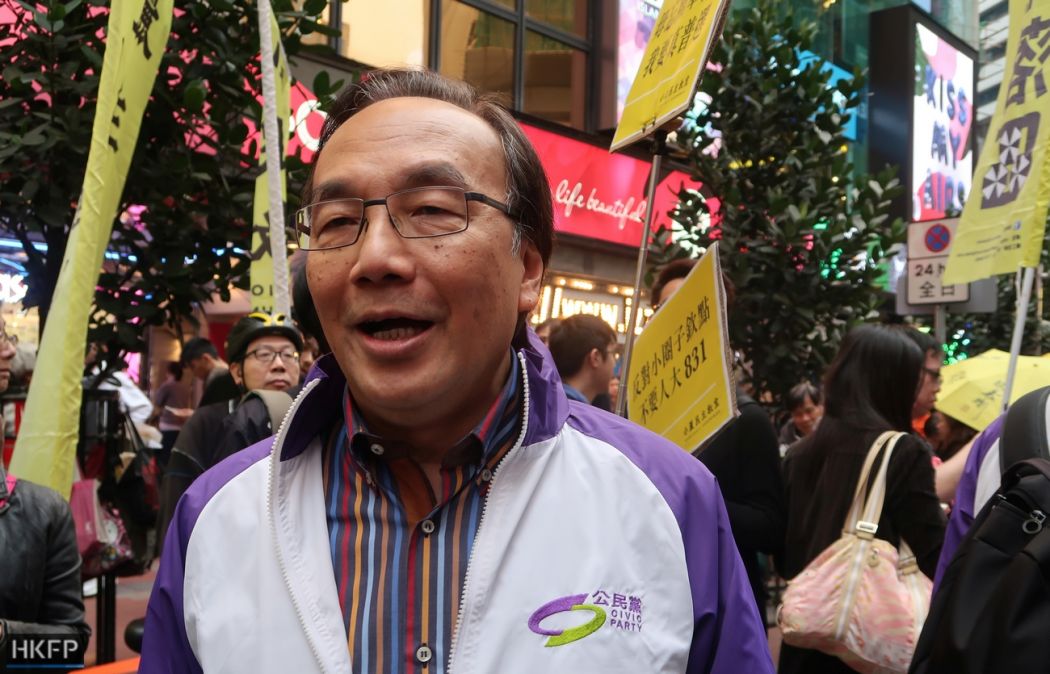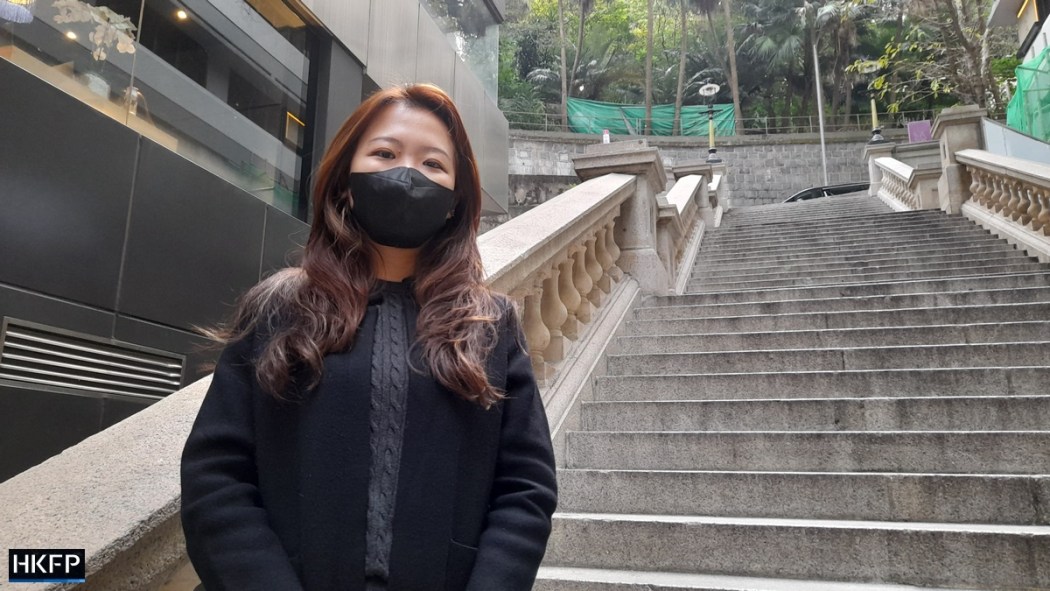Hong Kong democrat Alan Leong has been dropped by Ming Pao as a writer for the newspaper’s legal column, ending an 18-year term.
The chairperson for Civic Party wrote in a Facebook post on Thursday that his latest entry will be his last. He thanked the editors for giving him a month’s notice so that he could use his last four articles to bid farewell to Ming Pao readers.

The column, written in Chinese, has seven contributors, including barrister and former lawmaker Margaret Ng, Executive Council member Ronny Tong, former chairperson of the Bar Association Winnie Tam, and University of Hong Kong’s Adjunct Professor of law Johannes Chan.
In his last article, titled “Goodbye,” Leong compared Hong Kong to a desert rose: “Remember that in turbulent times, [one] does not have to be ecstatic in face of good things, or feel defeated in the face of adversity.”
“If I can inspire Hong Kong people, including those who are – or will – hold public power, my wish is fulfilled,” wrote Leong in his column. According to his Facebook post, Ming Pao told Leong that there will be a revision made to the column section.
When asked if he will write for another news outlet, Leong told HKFP that he will “take a break for now.”
“Nowadays, writing articles is like tightrope walking, with one misstep and fall, there might be smashed bodies and shattered bones,” said Leong, in apparent reference to a quote from Chinese leader Xi Jinping.
Another writer of the column, barrister Jessica Leung, told HKFP that Ming Pao “did not tell [her] to stop writing, so [she] will keep writing.”

Leung said that she was in charge of the column’s Sunday article, and that she was not sure about the situation with other authors.
HKFP has reached out to Ming Pao for comment.
‘Poor political climate’
Another columnist for Ming Pao, political scientist Ivan Choy, announced in June that his weekly column was halted after 15 years because of the “poor political climate” in the city.
Choy said that, following the enactment of the Beijing-imposed security legislation last June, he thought the local and central authorities no longer cared about public opinion. He said it had become difficult to reason with the government.
“You [used to have] some room to convince them to accept your political and policy proposals. But after the passing of the national security law and the changing of the electoral system, you see that the whole process was a very top-down approach,” he said.
Support HKFP | Policies & Ethics | Error/typo? | Contact Us | Newsletter | Transparency & Annual Report | Apps
Help safeguard press freedom & keep HKFP free for all readers by supporting our team

LATEST FROM HKFP
HKFP has an impartial stance, transparent funding, and balanced coverage guided by an Ethics Code and Corrections Policy.
Support press freedom & help us surpass 1,000 monthly Patrons: 100% independent, governed by an ethics code & not-for-profit.










